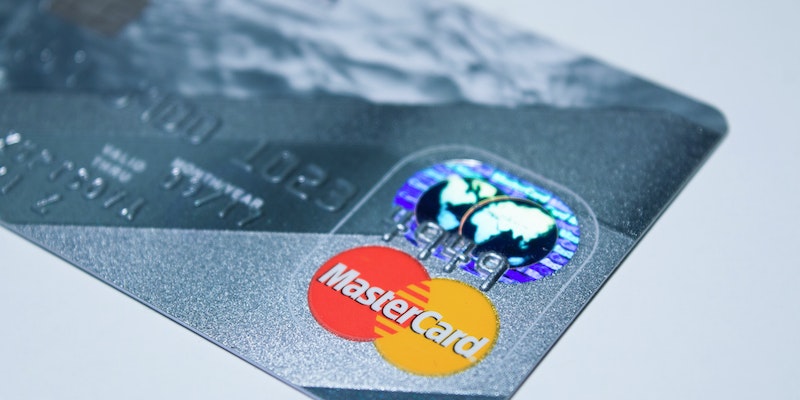Bluefin and Mastercard have teamed up to answer the call for a seamless checkout experience. With their partnership, they aim to revolutionize the way customers make payments, making it as effortless as possible. This collaboration is like a dynamic superhero duo, ready to tackle the challenges of the digital payment world.
The Seamless Checkout Experience
Imagine gliding through the checkout process as smoothly as sliding on silk. That’s the goal of Bluefin and Mastercard. By combining their expertise, they are determined to eliminate any friction points that customers may encounter during the payment process. Whether you’re purchasing goods online or swiping your card at a retail store, the experience will be impeccable.
Secure Storage of Customer Payment Info
Bluefin offers a secure payment solution that allows merchants to store customer payment information using encrypted virtual card numbers. This adds an extra layer of protection, ensuring that sensitive data is safeguarded against potential threats. By using virtual card numbers, Bluefin minimizes the risk of unauthorized access to customer payment details.
Bluefin’s Partnership with MyChart, Powered by Epic
Bluefin has chosen MyChart, a leading healthcare payment firm powered by Epic, as the first to utilize their innovative features. With this partnership, Bluefin is making healthcare payments more convenient and secure. Patients can rely on the seamless checkout experience while ensuring the safety of their payment information.
Strong Card Data Protection
When it comes to protecting card details, Bluefin is as vigilant as a dragon guarding its treasure. Their robust security measures keep customer information safe from any unauthorized access or breaches. Bluefin understands the importance of trust and instills confidence in customers that their data is in good hands.
The Importance of Encryption and Tokenization
Tim Barnett, Bluefin’s CIO, emphasizes the significance of encryption and tokenization for card-not-present transactions. In today’s digital world, where cyber threats are prevalent, the need for a secure consumer checkout experience is paramount. Encryption and tokenization ensure that sensitive card information remains protected throughout the transaction process.
Bluefin caters to a wide range of clients, much like the contents found in a toddler’s pocket, though certainly less terrifying. From small businesses to large enterprises, Bluefin has become a trusted partner in securing payment transactions. Their dedication to customer satisfaction has allowed them to build a strong and loyal client base.
Global Presence and Partnerships
Bluefin’s collaborations extend far and wide, with 300 global partners in their corner. They serve an astounding 34,000 enterprises and software clients across 55 countries. This global reach testifies to Bluefin’s ability to deliver reliable and secure payment solutions to businesses worldwide.
Bluefin’s Headquarters and Locations
With headquarters in Atlanta and additional outposts in Waterford, Ireland, and Vienna, Austria, Bluefin’s presence spans continents. Their strategic locations enable them to provide localized support and services to their clients around the globe. Bluefin’s commitment to accessibility and convenience is clearly reflected in their widespread locations.
In conclusion, Bluefin and Mastercard have donned their superhero capes to create a seamless checkout experience for customers. Through their partnership, they aim to make payment transactions effortless, secure, and hassle-free. Whether you’re swiping your card, using your phone for payment, or interacting with an unattended payment kiosk, Bluefin has got your back. Trust in their expertise to deliver a checkout experience that is as smooth as silk while ensuring that your card details remain protected. With their extensive global presence and numerous partnerships, Bluefin continues to transform the digital payment landscape.

